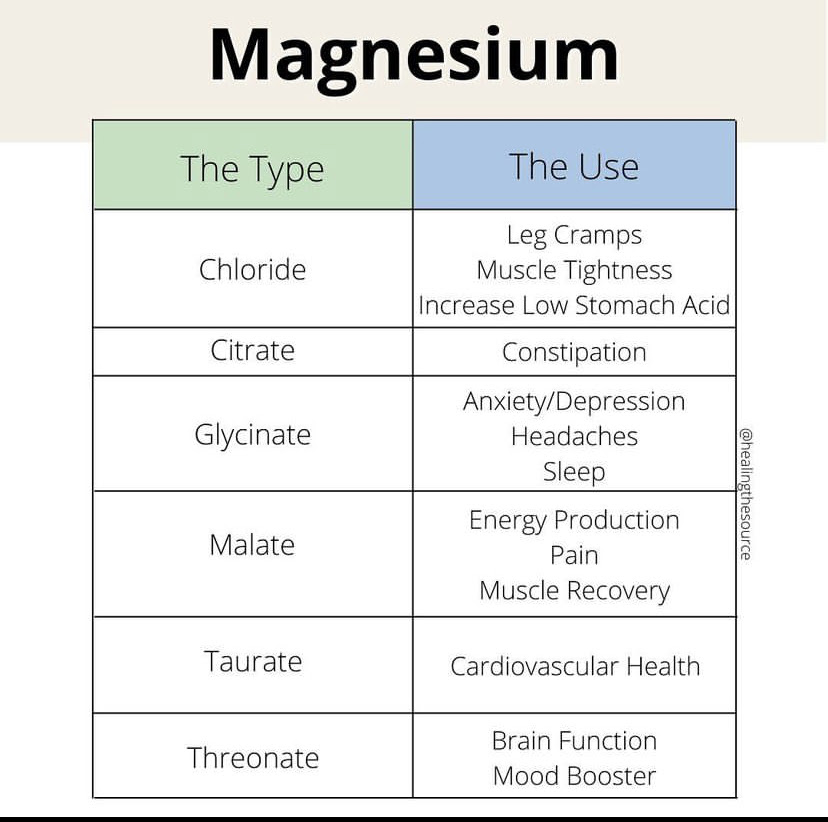|
Is Magnesium Deficiency Contributing to your Anxiety, Panic Attacks and Depression?
|
|
The recommended allowance for magnesium for males is 420 mg per day and 320 mg per day for females. However, the standard diet in the United States contains only approximately 50% of that, meaning as much as half of the total population is magnesium deficient.
Study: Half of All Americans are Magnesium Deficient (pharmacytimes.com)
With all the stress that is out there, I feel that everyone could use more magnesium in their life.
Adolescent males and females are most likely to have low intakes of magnesium according to an analysis of data from the National Health and Nutrition Examination Survey. This could be why so many adolescents are suffering from conditions such as anxiety, panic attacks and depression.
Yes parents! Give your kids some magnesium!!
Medical research has linked magnesium to reduced anxiety. Magnesium helps you to relax by stimulating the production of melatonin and serotonin which boost your mood and help you sleep. Magnesium also reduces the production of cytokines and cortisol, which lead to increased inflammation and stress.
Can You Take Magnesium For Anxiety? (healthmatch.io)
Most people do not know there are 6 different types of magnesium. The chart below explains what ailment each type of magnesium can help with.

I recommend a minimum of 500 mg a day. From the chart above pick one which correlates with the symptomology you have. Take it for a minimum of two weeks or until you see improvement and then keep going! Magnesium should be in your daily supplement routine and diet. Can you mix and match the different types of magnesium? Yes, you can! I personally take a combination of the magnesiums above and I have for years.
In addition to anxiety, low magnesium levels have been linked with:
- Higher levels of stress
- Depression
- Insomnia or sleep disturbances
- Headaches or muscle pain/tightness
- Fatigue
Magnesium and your Vitamin D
Magnesium is needed to move vitamin D around in the blood and to activate vitamin D. Magnesium deficiency can also reduce active vitamin D (1,25 dihydroxyvitamin D) levels and impair parathyroid hormone response.
Don't be scared about picking the wrong magnesium, each one is beneficial. Add some to your diet today and you will see improvement in your quality of life
~Dr. Matt
|
|
Use left/right arrows to navigate the slideshow or swipe left/right if using a mobile device